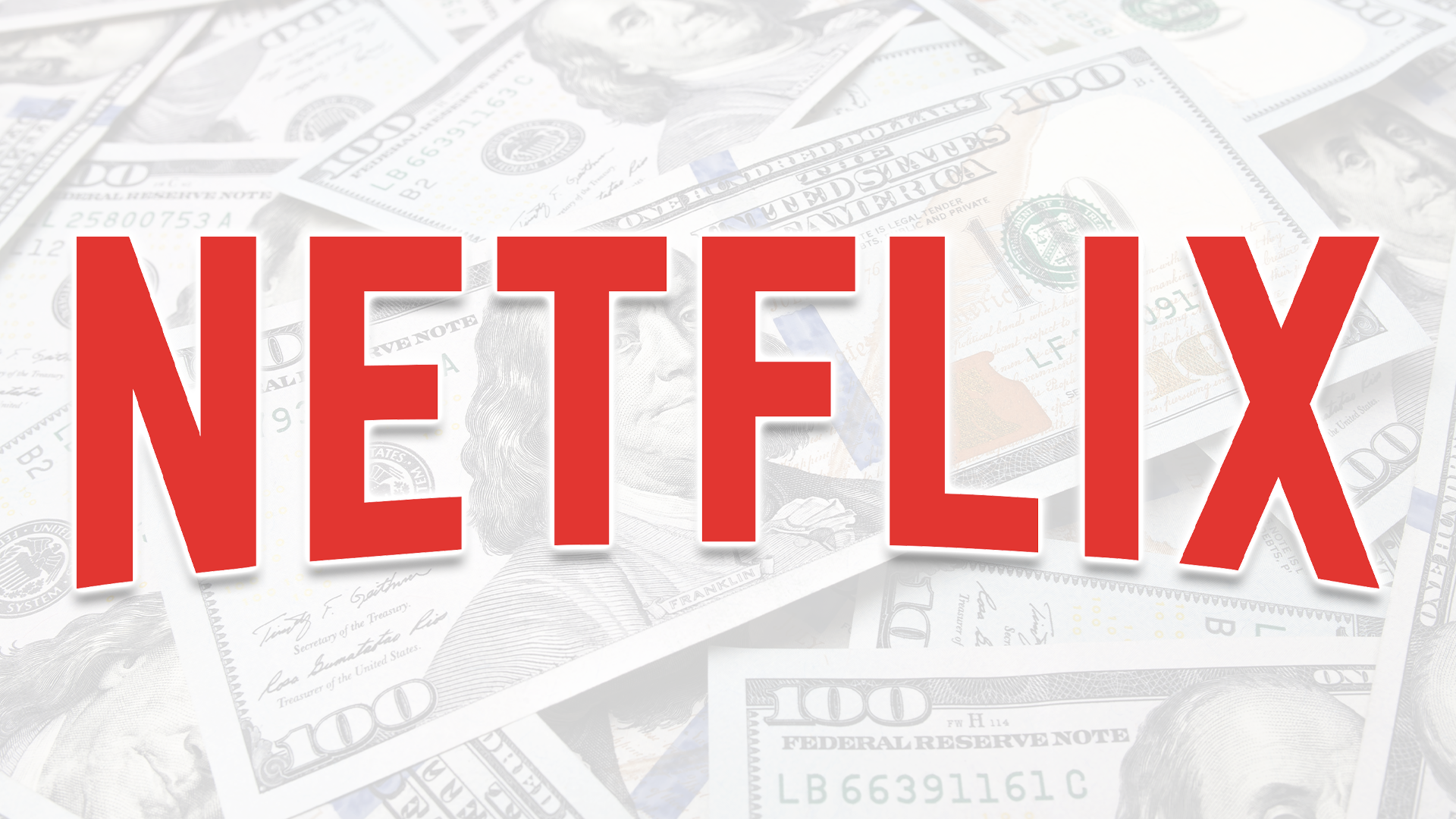If you share a Netflix account with friends or family outside of the household, soon you may have to pay an extra fee. After the company tried sending warning messages out last year to stop moochers, Netflix is now testing an opt-in feature letting subscribers pay more for sharing.
Netflix announced the new test this week, stating that users in select regions can add up to two "sub accounts" to their plan. For a small fee, you'll be able to do what millions of people already do for free and share the account with people that don't live under the same roof.
For now, subscribers in Chile, Costa Rica, and Peru can add up to two people to the account for an extra $2.99 a month per person. In addition, users who live outside the household and previously shared your login information will instead get their own Netflix logins, recommendations, and profiles.
It looks like Netflix's Standard and Premium subscribers in those three regions have the option first, but we have a feeling it'll be coming to more locations soon. So far, customers aren't pleased, and a quick look at Twitter shows nothing but complaints.
Each of the two "sub accounts" gets their own profile, personalized recommendations, and, more importantly, their own Netflix login and password. As a result, users won't have to share login details and can simply add two sub accounts, pay a fee, and let those friends create a side account.
This makes sense for a family with kids in college and such, but customers are outraged simply because now they'll have to pay even more for something they were already doing.
If there's a silver lining, it's that Netflix also announced a much-needed option to transfer a profile to a new account. So if you've been sharing login details and are ready to set up your own Netflix service, you'll be able to transfer your profile's viewing history, watch lists, personalized recommendations, and more.
Netflix says it'll test the fee in those three countries before making changes anywhere else in the world.
via TechCrunch

